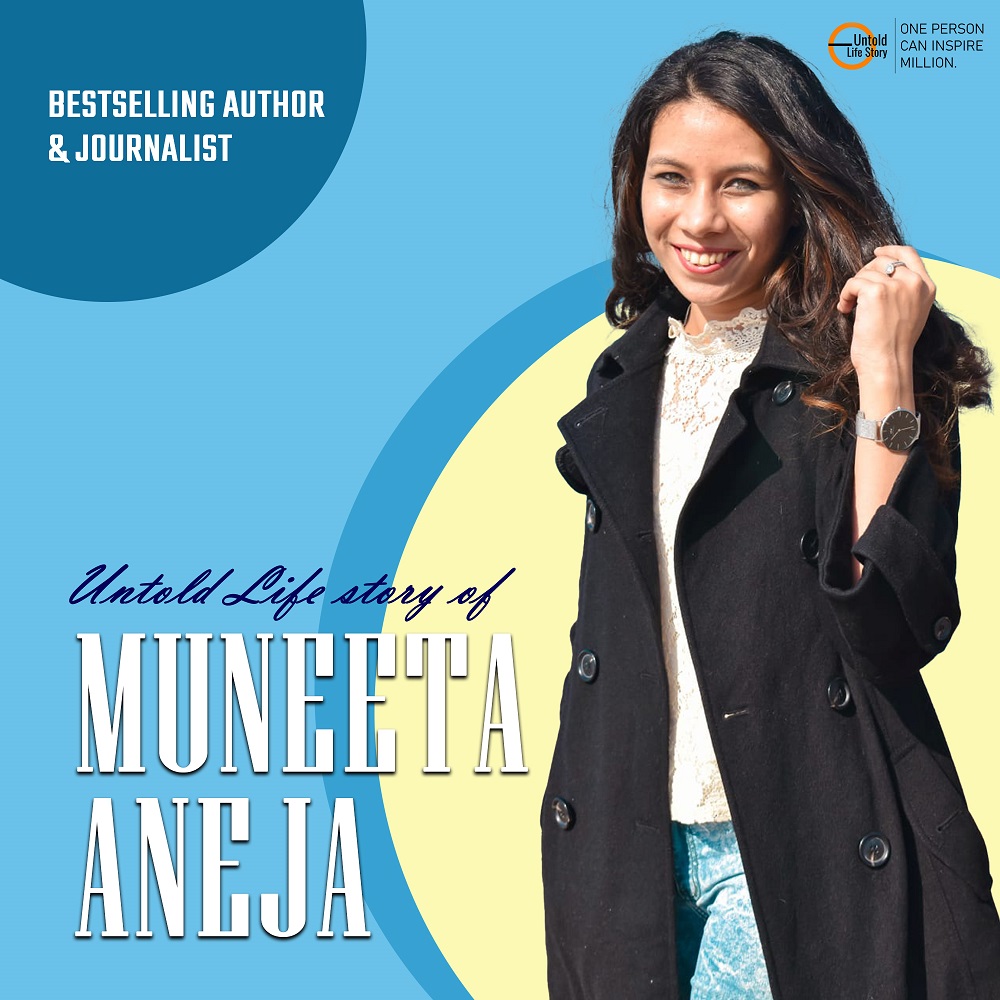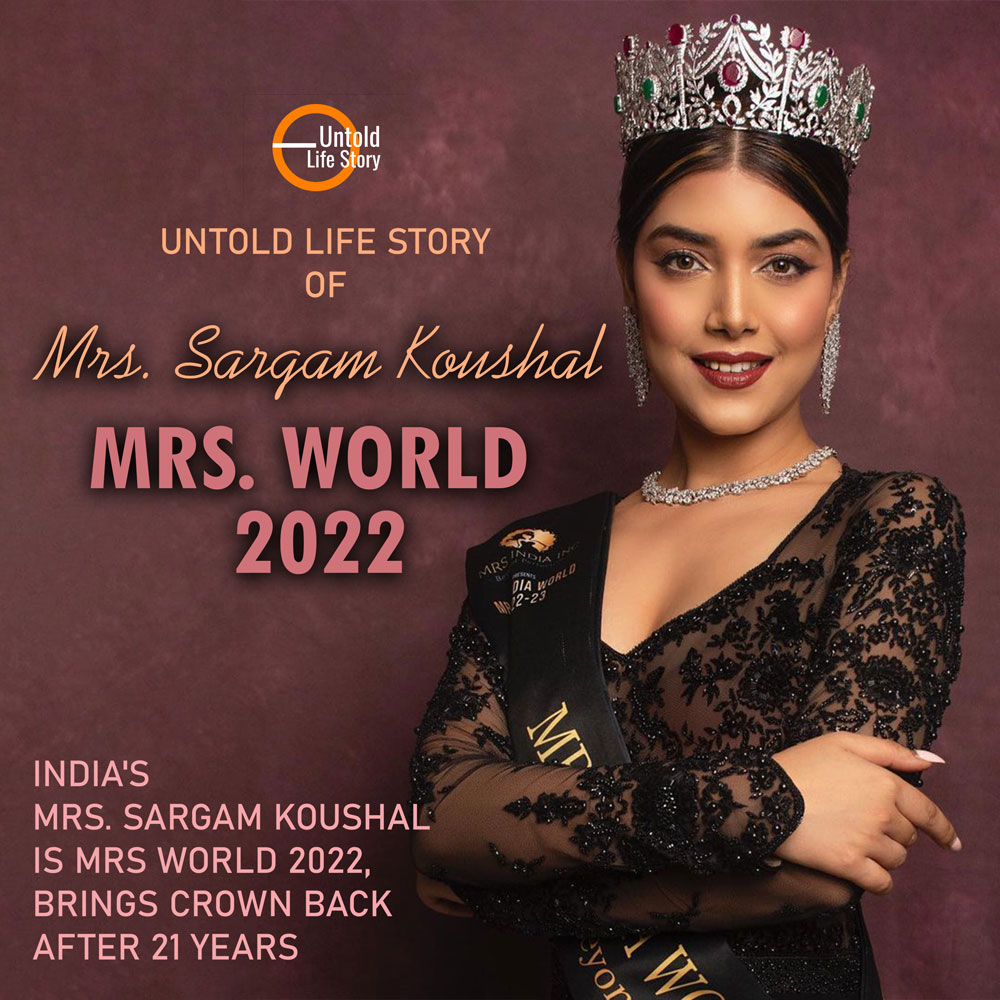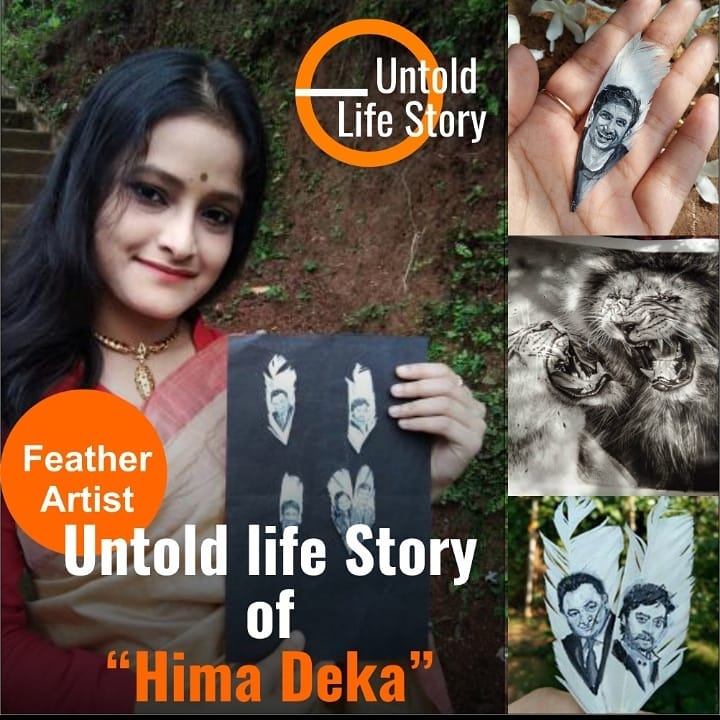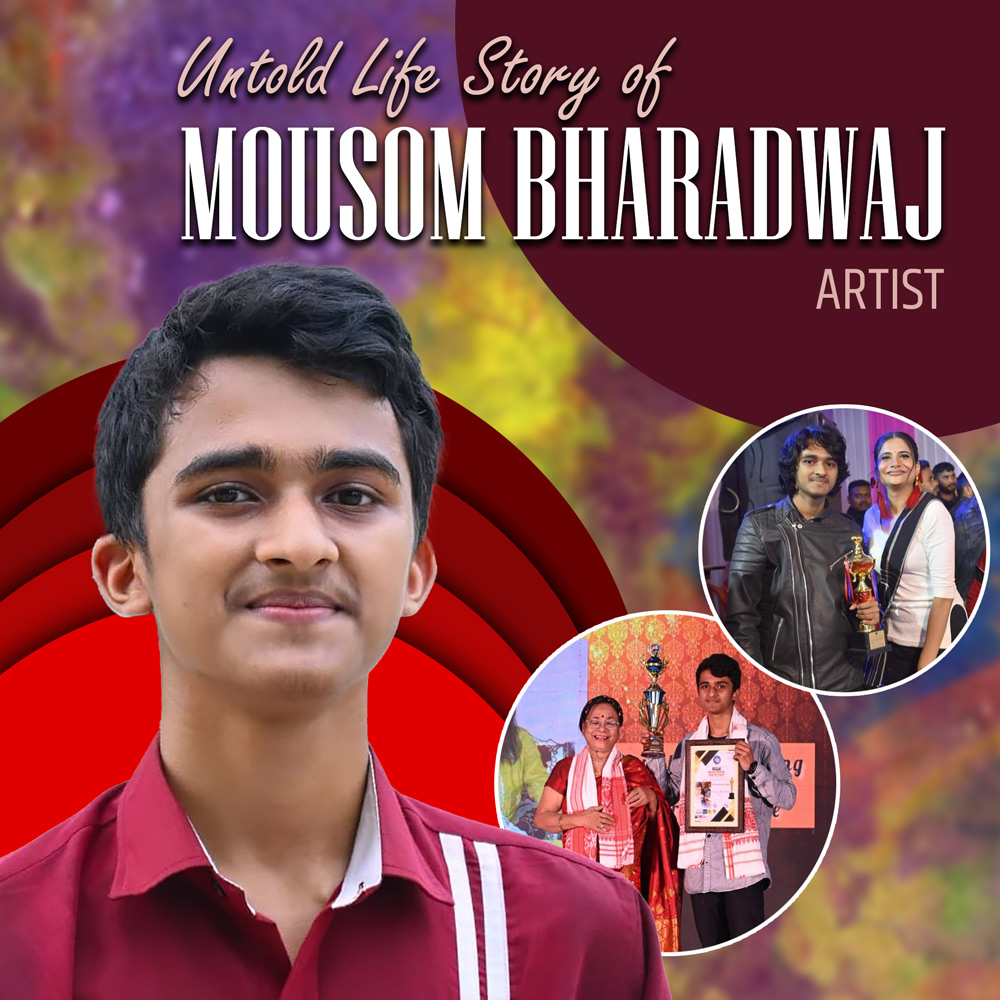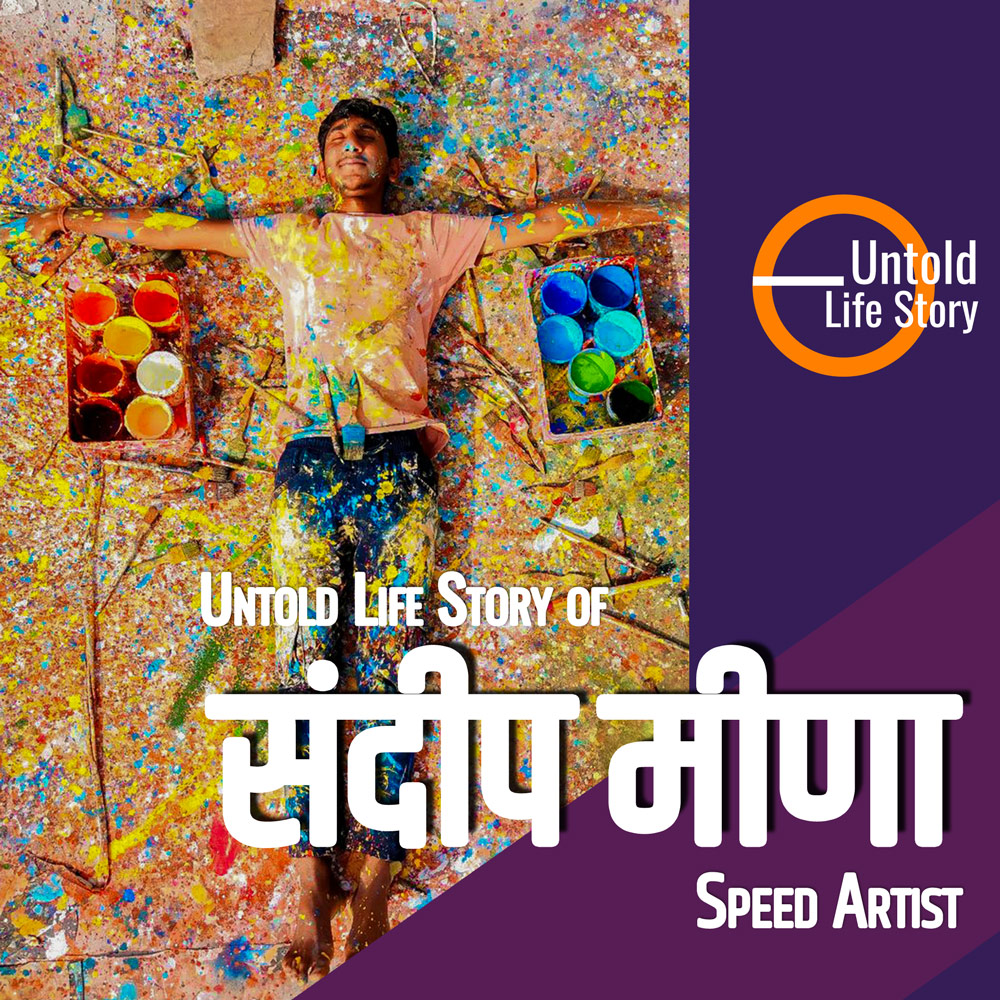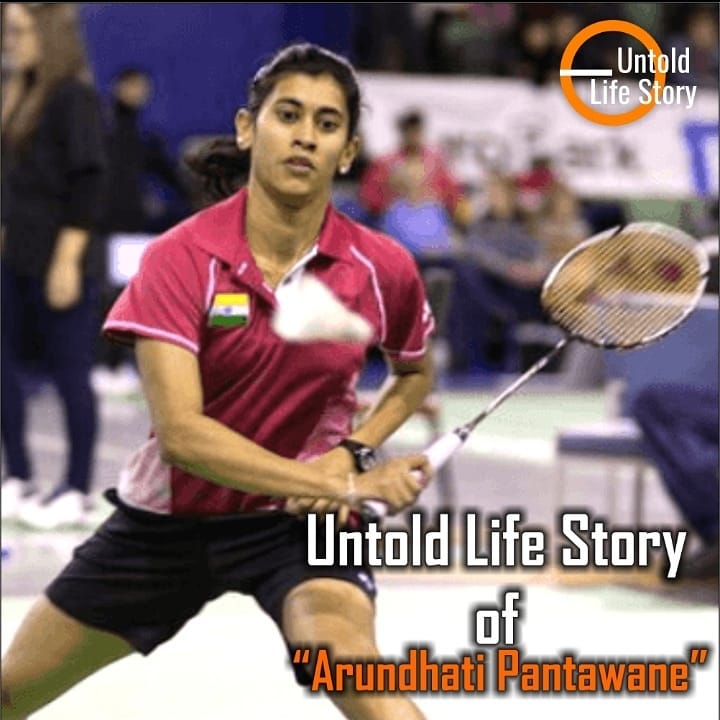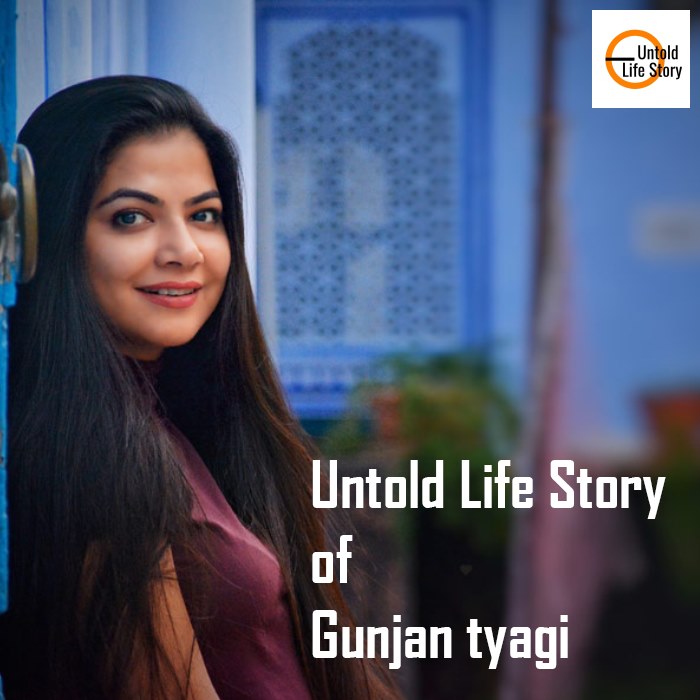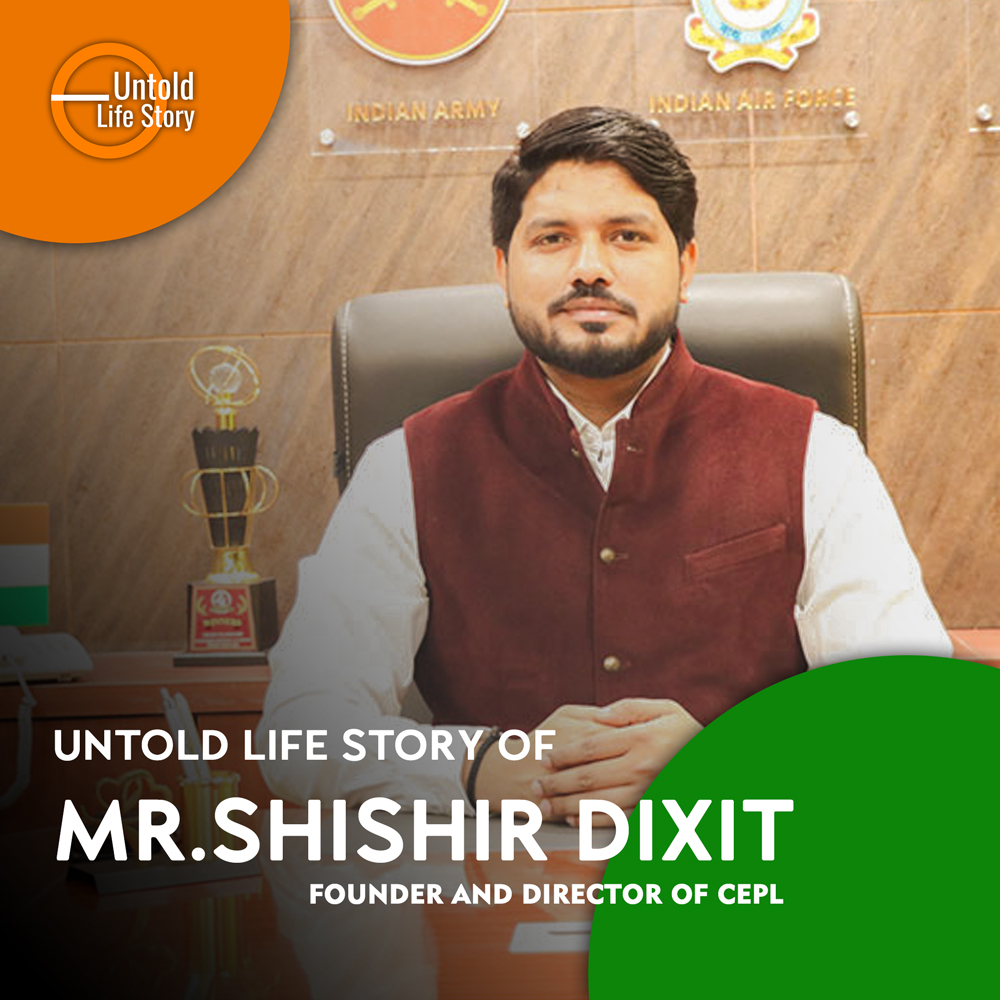Muneeta Aneja has swept the Media and Communication landscape of India while emerging as the face of Development Journalism and hard-core investigative documentation. Muneeta Aneja is a Prominent Research Journalist and a leading Communication Specialist. She is a Gold Medalist from the Kushabhau Thakre Patrakarita Avam Jansanchar Vishawavidyalaya. One of the most noteworthy accomplishments is her debut best-selling, top-ranked book on Amazon, “Chhattisgarh: The Land of Hidden Mysteries,” which discusses the ninth-largest Indian state that is severely stigmatized by the raging issue of Naxalism. Featuring 170+ high-resolution glossy images and a peek-a-boo into the 125+ state tourism hotspots, the Ulterior quality book comes up as a travel guide encyclopedia and coffee table book. It is a research and documentation-based book that includes direct interviews, illustrations, and an honest assessment of problems that must be resolved on a raised pan. The author covered 80% of the state on a two-wheeler and 20% by bus. With her debut book and efforts to present India, she has done her best to represent the national flag globally with flying colours. Her main goal is to boost the rural economy and income distribution in villages by highlighting underappreciated tourist destinations and improving micro tourism, and educational awareness.
Her work for The Times Group included full-length pieces in a variety of genres, such as civic journalism and human interest feature stories about fashion, lifestyle, art and heritage. Her stories centred around the city’s growth, the difficulties associated with infrastructure projects, and the government’s inability to meet deadlines. She addressed the concerns of ordinary people, and her most well-known stories covered the revival of folk art and folk music. She began working on heritage and archaeological sites, voicing concerns about their development and how it would benefit the villagers in terms of tourism while educating the public about something treasured and unknown. She previously worked with Samvaad, the Directorate of Public Relations for the Chhattisgarh CMO, where she successfully managed their crisis management, case studies, social media management, speeches, press releases, English news coverage across a variety of media, and their annual magazine that highlights their major initiatives and accomplishments. She left the position in 2021 after realizing that her pen was better suited to the Oath of Journalism and not to political agendas and their writings.
She has assisted well-known companies and national and international websites with their PR strategies. She has also hosted a website that appealed to a broad audience and covered subjects like mental health awareness, geopolitical tensions, Indian tourism, heritage sites, fashion and lifestyle features, and motivational articles. Her primary goal is to promote development journalism in India, and with this book, she hopes to boost the rural economy by highlighting the state’s underappreciated tourism hotspots. Her words address the concerns of the voiceless, marginalized, or the average Indian who views everything in retrospect.
EARLY CHILDHOOD & GROWING UP:
Having been born in Bhopal and raised in both Bhopal and Bhilai, Muneeta faced numerous difficulties during her early years. She was inquisitive and zealous about the smallest details. Despite being quiet and reserved as a child, she describes how she possessed a great deal of empathy and was able to sense the feelings of those around her. She described how, as a two-and-a-half-year-old girl, she was returning from Kidzee when she saw one of her classmates being teased because she had undergone “Mundan,” which is “a ritual in certain communities of Hindus where their head is shaved.” She insisted on having her hair cut as short as possible on the way home so that the other girl would not feel isolated or solely harassed the other day. Since childhood, she was extremely organised and used to sleep with her book and pencils by her bedside.
As a four-year-old, She felt that her cousins excluded her from the games. Her mother worked at her maternal grandmother’s school in Bhopal, and she attended a missionary school with her cousins. She feels that some of her cousins were fine, yet others left her with the anxiety of an existential crisis, as though, “I was an alien being from the outside world who is not a part of their primary group. I was labelled as tube light or slow, someone who does not understand jokes or sarcasm, someone who is made fun of, and someone who is not entertained in the same manner as other kids during cousins’ birthday celebrations because I was quiet, nerdy, and naive. During family gatherings, I noticed my aunts sending plates of delicacies and milkshakes upstairs for the rest of the cousins, whereas, as a four-year-old girl, I had to simply avert my gaze and pretend I did not see anything, so they would not feel conscious”. Her maternal grandfather, on the other hand, became her best friend and role model. He encouraged her to embrace her individuality and made her feel at ease for being different. She spent two and a half years of her childhood with him until she was five years old, and his interests in literature, news reading, creative writing, journaling, and the fundamentals of morality and ethics gave her direction in life. By 2nd standard, she had returned back to her hometown Bhilai.
ROLE OF ANCESTORS:
Growing up in a modest but well-educated household, Muneeta found inspiration in her grandparents’ stories of great adversity. She became enthralled with history and feelings as her grandmother narrated the story of India’s partition, the announcement of the Punjab Boundary Act, how they made their way from the pre-partitioned area of India to the newly created borders of India, and the hardships they faced as a family leaving everything behind and starting over. Her heart was fortified by the tale of tenacity and faith, and she enjoyed engaging in lengthy conversations with the elderly to learn about their life experiences. Her great-grandfather fought for freedom, and the ancient legends instilled in her the values of patriotism and service.
She was more than just an academic prodigy; her insatiable curiosity led her to participate in all cultural events. She used to take part in all school-related and extracurricular activities, creating posters, writing creatively, singing in groups, dancing, and winning prizes. Although she was a good sprinter, her parents wanted her to focus entirely on her academic development and fulfilment.
FAMILY: STRUGGLES & CHALLENGES:
Her mother played the strongest role in her life, catering for the role of a father, mother, and the only friend Muneeta could confide in. Having always loved animals, Muneeta took care of a 5-day-old baby monkey whose mother died in a car accident. She felt more connected with animals than with humans. Her mother was present at every PTA meeting and sporting event. There were times when her father became her greatest support system when she needed it and was beginning to doubt herself. He also taught her some basic life skills and treated her no less than a son, teaching her all the necessary skills.
Muneeta comes from an upper-middle-class family, but she considers herself fortunate to have been raised in an authentic and brave family that instilled in her the core values of humanity, benevolence, ethical integrity, and the need for communal harmony. Her father gave her a very basic explanation of religion, beginning with the idea that no one should be left starving or bleeding on the road. Her family was not orthodox or overly enthusiastic about festivities, but they followed the fundamentals of a mix of Sikh Kshatriya and Hindu Brahmin culture. Her favourite memories of childhood were of her and her father preparing to pick up her maternal grandparents from the Durg Junction as they arrived from Bhopal. As she revisits back to the 12-year-old date, she finds it unbearable to accept the harsh reality that she lost everyone and no one would be laughing and glittering with joy while climbing the platform staircases anymore. She was left in a state of trauma and heartbreaking pain following the unexpected demise of her father in July 2024.
Muneeta remembers her father as a multi-talented man who was an exceptional officer and challenged himself often. He was well known for his many contributions, inventions, resourcefulness, and foxy creative flair. He was the embodiment of unwavering resolve, but it was heartbreaking to remember how he battled alcoholism and sub-psychotic rage that occasionally became so intense that it left Muneeta pale as she saw him act violently against her mother or endure mental, emotional, or domestic abuse. She said, “During your childhood and adolescent years, when your brain chemistry is developing, you do not want to worry about “What would happen today? Would it be a happy drunk day, or would it turn into some kind of domestic feud”? My youngest paternal aunt, who passed away in 2016, was autistic, but she was a gem of a person. She intervened between fights to save me and my mother. I used to wait until 4 a.m. when my father would sit by the swing outside, and his alcohol would have worn off, and then I would be the happiest person ever, talking with him about everything, making him laugh, and discussing things that moved his soul emotionally as a child.

My father was at his best when he was not drinking. We followed the Amritsari Mannerisms of conversation in our family, where everyone was addressed as “Aap” and “jee” regardless of their age. My father stood with my mother during the most turbulent times, and so did she. They were pillars for each other in the worst of times, the best of friends, and up until he started drinking, he was the greatest person on the planet. However, alcohol began to weaken his central nervous system and his basic ability to make decisions. Despite coming from an upper-middle-class family, my mother and I would go to the wholesale ration store to save money for rainy days. I never asked my father for any pocket money or any extra things, and he never said “no” to me, if I needed books or stationery. My parents preserved my love of books and stationery, and I still hold it in high regard.
My parents were the best and they shaped me into who I am today. I would only change the circumstances and misconceptions that surrounded them, and I wish I could at least see my father sober after his retirement years, but things only got worse. In the past one and a half years, my mother and I did everything we could to get him back on his feet, but his hands used to tremble, he was constantly being robbed by his poor judgement of trusting the wrong people, driving up 60 kilometers straight without thinking, trusting the people who were performing the most heinous acts, he became delusional and hallucinated about things, his speech became slurry, and despite the good food, hearty conversations, emotional support, and medical support, I still feel a pang in my heart, wondering what if I had the chance and time to save him, but I could not.
BASIC EDUCATION AND GROWING UP
Her education was largely shaped by D.P.S. Durg, and she is honored to be a member of the group that included the top instructors, classmates, vice principals, and principals. Despite her introverted tendencies and tendency to isolate herself, she was extremely sensitive and wanted to make her friends laugh during recess. Laughter seemed to be the best therapy for her because she had no idea how to express herself or what was going on at home. Pets and books seemed to be my best friends, and distraction seemed to be the best strategy.
The most depressing aspect is that, regardless of how many terrible sleepless nights you have had, you must put your anxieties aside and enter your class as every other normal kid. By sixth grade, anxiety and insomnia began to take over. My anxiety manifested as asthma attacks and wheezing, and by eighth grade, I was constantly feverish, overexerted, and woke up with ulcers in my throat. My mother was looking after my health, but with her own struggles, she felt pressured to make sure I had the best grades and the best future possible. My mother wanted an A+ grade, and my father would take nothing less than the first rank, which instilled a deep fear in me.
“What hurts me the most is that my childhood was taken away from me. I wanted to play football with the kids who lived next door in the rain, and I wished for one night of stability when I would know that nothing bad would happen and that nobody would get hurt. I wanted to experience a single happy moment that would make me smile for days on end. I longed to be a typical child, not merely a rank-holder or grade-keeper, and I also wanted to have demands. I wanted to revert back to the cousins who were treating me badly, but I was supposed to be silent because my mother thought it was respectful. I hoped to go to the Ganesh Chaturthi stalls with my father, but that never materialized, and I hoped for one ideal celebration, but that never materialized either. Everything revolved around grades, boards, education, and competition, and it transformed me into a highly hyperactive sensitive and anxious person. I used to study until 4 a.m, I wanted to learn more about the subject matter in depth, using other reference books and taking meticulous notes.

“Starting to parent your parents and act as a sort of mediator is heartbreaking. One suffering from alcoholic rage picks up issues, screams, and shouts, and you look at them and think you love them, but then you look at the victim and their reaction to the unprecedented rage, and instead, you tell the victim to calm down. My grandmother and aunts used to step into the fights to protect us. Some nights were calm and breezy, with my father telling my mother how grateful he is, as well as the positive and negative aspects of the office.
“In addition to the constant fear of losing my mother or getting hit, I never understood what to do when the two people I love the most were on a wrestling stage, or I stayed in a constant state of anxiety to attain perfection so that nothing would flair up anyone’s anger. More than that, what hurt me the most were the comments and verbal abuse. I still find it unbearable to be around alcohol in any form, and domestic disputes like these make me feel sick. I adore my parents and want them in every subsequent birth, but I also want every other child to have a stable, stress-free, and emotionally consistent childhood.
At the age of 14, Muneeta was diagnosed with chronic sinus blockage and required surgery prior to her pre-board exams in the Xth grade after the fevers became repetitive, the colds became worse, she was unable to breathe properly, and she developed throat ulcers. She passed her 10th CBSE Board exams with a good CGPA in spite of the major surgery and the fact that three of her sinuses were blocked due to a septum deviation. Just a day after finishing her 10th grade CBSE board exams, she received the word about the passing away of her maternal grandfather, and everything fell into a doomsday spiral from there.
“The shock of his passing, my pleading with God, and the worsening circumstances at home—my father being duped by the wrong people, falling into the pit, and having tense arguments—made me ill and caused me to start putting my own health last. My diagnosis of typhoid and malaria eventually progressed to brain fever. I began to comprehend the dynamics of family and relatives during this time, and I saw the true faces of many people, and a period of turbulent changes.

THE CREATIVE ENTREPRENEUR:
When she was fourteen years old, Muneeta began to develop her artistic vision. She created designer gel candles with unique and creative designs, as well as beaded curtains, ice cream stick boxes, pearl flowers, and quilted frames. She would then sell these items in neighborhood gift shops or take orders in bulk. With equal fervor, she continued her 10+2 Senior Secondary education in private, while using the money she made from the business to invest in the designer clothing industry. “It was 2015, there was no shop or warehouse, and I wanted to start a digital business by gaining clients from my neighbors. By 2016, I had successfully enrolled in the journalism and mass communication course. I got involved with over 150 distributors and wholesalers, as well as over 75 brands, for the purchase and sale of catalogs, apparel, bags, and furnishings across the nation. In order to find out what people might like, my mother and I surveyed the markets and began developing a target audience in each area, according to their interests. We became a major distributor of wholesale designer pieces and catalogs by 2016, having gradually expanded our business to 16 states and three UTs. In order to fight off the competition in the booming market where people could not tell the difference between genuine designer sellers and replicas being sold at low prices, we had to make a very small profit margin, even though I worked day and night to weave this dream.
Whatever I received, I used it for my college expenses as well as the house and necessities. For my exams, I used to take a 14–16 hour train ride, and not all of those trips were great. But you gain a stronger instinct and become proficient in fighting and survival. Demonetisation stirred up the business, but we got it back into the game, but GST was a game changer and the biggest challenge for the small businesses, but I still kept the business running up till 2019.

CAREER IN JOURNALISM AND MASS COMMUNICATIONS:
I started my career in Journalism with the internship for Dainik Bhaskar, Bhopal. I worked for their special supplement “Hoshangabad Road Bhaskar”, as an intern reporter, and in 2017, I interned for IBC 24 News in Raipur. I received the Abbey Mathew Award for Journalism, and received a scholarship. I constantly stayed glued to my academics and digital business by the side, and I started receiving professional paid work for content writing, editorials, PR, and social media management. As pro bono, she used to teach English to the Xth and XIIth graders from government schools who were not able to afford extra tuition fees, and got behind due to less marks in English.
After that, there was no stopping. She wished to learn more, and she went with a chain of brands for PR that she believed in, creating content for them, and writing fashion and lifestyle editorials for foreign and Indian websites. Then came the Times group, DPR, Aatmanirbhar Bharat Content writing lessons in association with the NGO Roots2Bloom during the Covid period, social media management for various brands and personnel, and the creation of her own website that catered to news at a global level.She even started her own podcast on Spotify where she interacts about some major subjects with experts, and embarks on meta analysis, book editing projects and proof reading in freelance.
She was called in for guest sessions and guest lectures for mentoring, and she wanted to rise high with her aim of development journalism and leading her nation into a global pedestal, showcasing it for its hidden treasures.
It was after poignant research of two and a half years, that she came up with her debut book, “Chhattisgarh- The Land of Hidden Mysteries”. The journey still continues as she works hard to represent the nation, and she feels like she owes it to the country, her ancestors and parents, and wishes to pay back to the country with her service.

